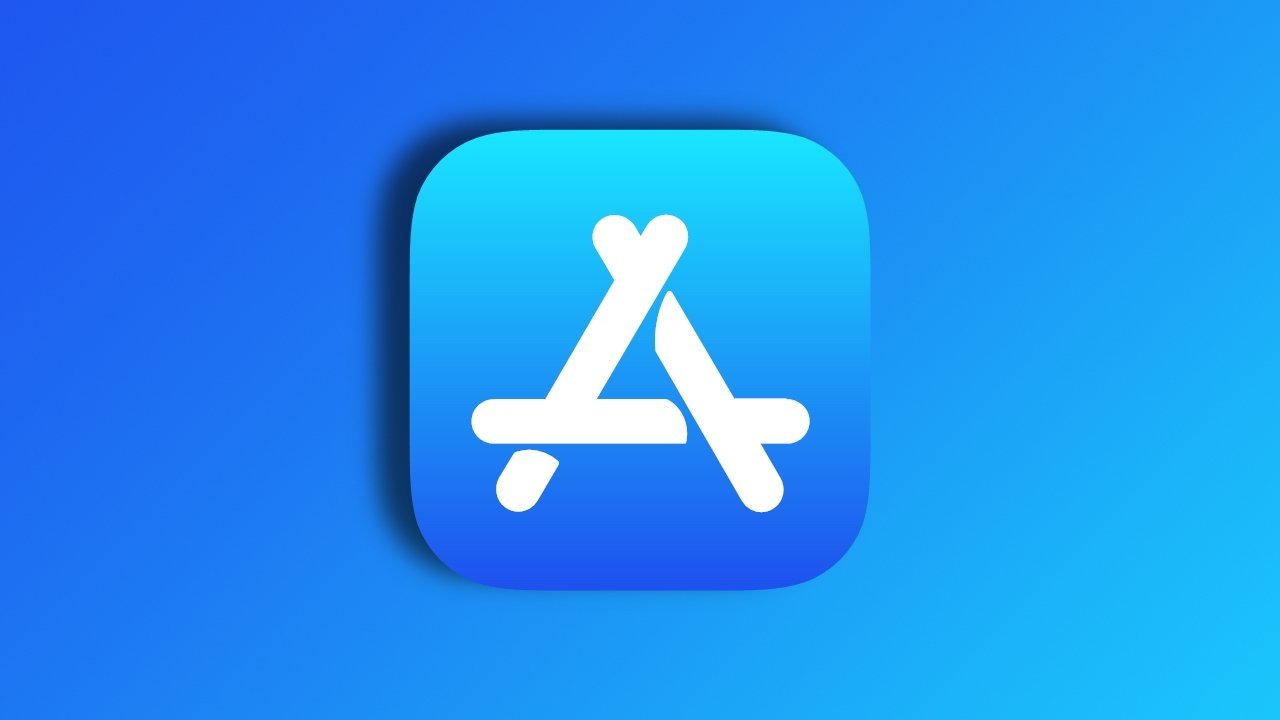A California federal court has ruled against a proposed class action suit accusing Apple of blocking iOS developers from using competing technology.
As of January 2024, Apple has stopped requiring all iOS browsers to use its WebKit technology in the EU. In that same month, three California residents sued Apple over its App Store practices, including requiring the use of WebKit.
According to Reuters, their filing challenged what they described as Apple’s “closed ecosystem of apps and services.”
The full text of the filing is chiefly an account of how expensive it would be to develop an alternative to either Apple or Google’s app platforms. It then seeks to claim that Apple requiring iOS browser developers to use WebKit stifles competition, and also adds costs for consumers.
In that case, the logic appears to be that if a developer didn’t have to use WebKit on iOS, they could develop once for both iPhone and Android. So there would be no further development cost for the iPhone, therefore consumers would pay less.
Alongside this, the suit claimed that Apple acted to block the use of Progressive Web Apps (PWA) to prevent them replacing native App Store apps. “Apple used contractual restraints on its iOS ecosystem,” says the filing, “to exclude the
introduction of cross-platform PWAs on iPhones.”
In February 2024, Apple did say that PWAs would no longer be allowed in the EU. It then reversed that decision in March 2024.
For this specific case, US District Judge Richard Seeborg in San Francisco does not have the required legal standing to pursue the case. That ruling was based in part on Apple’s argument against the suit’s claim of it artificially increasing prices.
“Apple’s prices are not artificially inflated,” Apple told the court in June, “they are competitive in light of the fierce competition Apple faces from its competitors.”
Judge Seeborg said that Apple’s argument for a dismissal of the case, “cast doubt on whether plaintiffs are the correct class of harmed individuals to bring this case.”
The plaintiffs have been given 30 days to submit an amended lawsuit. Neither their lawyers nor Apple have commented.
This does appear to be a small case, but winning it also sets a precedent that Apple will doubtlessly refer to in other cases. The defeat of this particular filing may specifically help Apple because it was partly accusing the company of a duopoly with Google.
Apple’s having won with its argument that it faces “fierce competition,” could now well be used in its legal case with the Department of Justice. Central to the DOJ’s case is the argument that Apple has become a monopoly.





